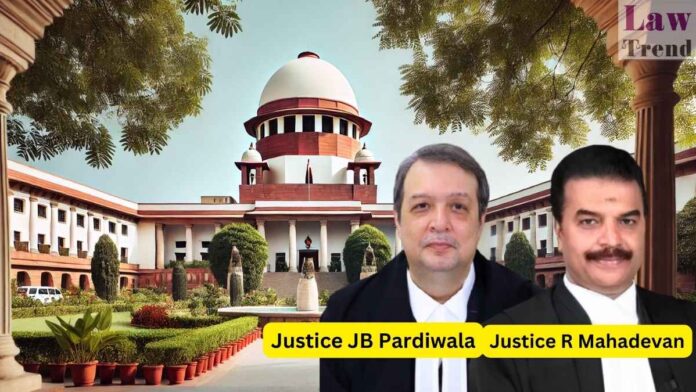In Santosh Devi v. Sunder [SLP (Civil) No.12658 of 2025], the Supreme Court dismissed a Special Leave Petition filed against concurrent findings of the Trial Court, First Appellate Court, and the High Court. The Bench comprising Justice J.B. Pardiwala and Justice R. Mahadevan held that under Order VII Rule 6 of the Code of Civil
To Read More Please Subscribe to VIP Membership for Unlimited Access to All the Articles, Download Available Copies of Judgments/Order, Acess to Central/State Bare Acts, Advertisement Free Content, Access to More than 4000 Legal Drafts( Readymade Editable Formats of Suits, Petitions, Writs, Legal Notices, Divorce Petitions, 138 Notices, Bail Applications etc.) in Hindi and English.




